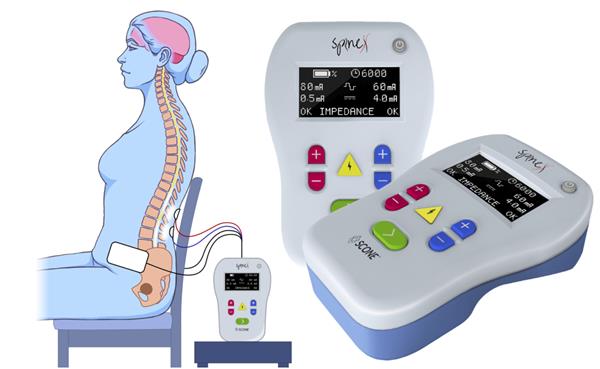
SpineX announced that its SCONE therapy has shown positive results in treating urge urinary incontinence in a first in-human study.
SCONE is a non-invasive transcutaneous spinal cord neuromodulator, developed to treat bladder dysfunction.
The study, conducted by SpineX, demonstrated the effects of the therapy in reducing the symptoms of overactive bladder. It showed a reduction of 66% in the number of leaks per day along with a 35% reduction in the size of leaks.
The improvements came along with a 6-fold increase in urge-free voids, enhancing the patient’s ability to delay urination until the proper time and place are available.
University of Michigan neurourology and pelvic reconstruction chief Dr. John Stoffel said: “This paper shows that transcutaneous spinal cord neuromodulation is feasible for the treatment of OAB.
“With more data, this could be an exciting development for additional non-invasive treatment options for OAB patients.”
Furthermore, SCONE treatment improved bladder volume feeling significant, providing patients more time to plan their toilet visits.
More significantly, none of the patients had any of the typical adverse effects associated with overactive bladder medication, the study showed.
University of Southern California clinical urology professor Dr. David Ginsberg said: “This study is very exciting. We know OAB has a significant impact on the quality of life of both women and men and we also know that oral medications often are poorly tolerated or do not adequately improve the symptoms seen with OAB.
“This study demonstrates that transcutaneous neuromodulation of the spinal cord with an external device, that does not require implantation, is feasible and improves the bothersome bladder symptoms seen with OAB.”
The study was carried out under the leadership of Dr. Evgeniy Kreydin, MD an assistant professor of urology at USC and co-founder of SpineX.
In February this year, SpineX announced results of a study that supported the implementation of their SCONE device to deliver non-surgical treatment for activation of bowel function in individuals living with spinal cord injury.




